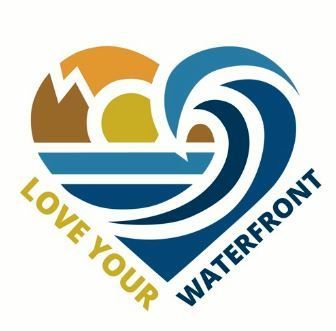Local commercial salmon fishers face market obstacles
By Pete Granger
While the catch by local commercial salmon fishers in Alaskan fisheries is going very well, the domestic and world marketplace is roiled with unexpected conditions. These conditions translate to very low prices to the fishers themselves.
Harvest Information
The Bristol Bay season finished with an excellent catch of almost 39 million. While last season was an all-time record, this season also ranks among the highest ever. Whatcom County has as many as 400 skipper/owners and crew fishing in Bristol Bay. Bristol Bay sockeye fishery involves gillnetting and this healthy fishery the last few years has definitely stimulated Whatcom County economy with many people involved in boat building/repair/outfitting these vessels. We also have many Purse Seine vessels fishing in Southeast Alaska and this summer’s harvest for pink salmon is producing many more fish than was predicted.
Salmon Market Conditions
In contrast to excellent harvest production by local salmon fishers, the prices our fishers are receiving are among the lowest in many years. Bristol Bay fishers were paid $.50/lb base price this summer compared to well over $1/lb last year. Prices for pink salmon in SE Alaska range from $.18 - .25/lb – definitely prices on the low end of dock prices for the last several years.
These low prices reflect several factors in the U.S. and world markets:
-
There is a carry-over of frozen and canned inventory of Bristol Bay sockeye that still needs to be sold. Costs of holding these fish in cold-storage lead to lower prices for harvesters.
-
Russian pink salmon production in Siberian fishing grounds is setting records. Because their domestic markets cannot absorb all this fish, they are “dumping” this production on the world market at very low prices with a resulting negative effect on prices for U.S. pink salmon production. Some surmise that this bumper crop with its low prices is helping to fund the war in Ukraine.
-
Chum salmon markets are experiencing weak demand and this has translated to low prices to fishermen in Alaska and will negatively impact chum salmon fisheries in the Salish Sea this fall.
-
Because of these and other factors, salmon processors are struggling as well as fishers.
Several links to media articles provide more information about these harvest and geo-political market conditions:
https://www.kdlg.org/fisheries/2023-08-07/bristol-bay-fleets-call-for-greater-price-transparency
https://www.adn.com/business-economy/2023/08/08/citing-market-volatility-and-russias-war-in-ukraine-trident-plans-to-halt-salmon-buying-early/
On the other hand, there is a success story occurring in the tribal gillnet fishery in Elliott Bay, right under the skyscrapers of Seattle!
See: https://www.seattletimes.com/seattle-news/environment/treaty-tribes-haul-in-chinook-bounty-on-seattles-elliott-bay-duwamish/
Share Post
RECENT ARTICLES



